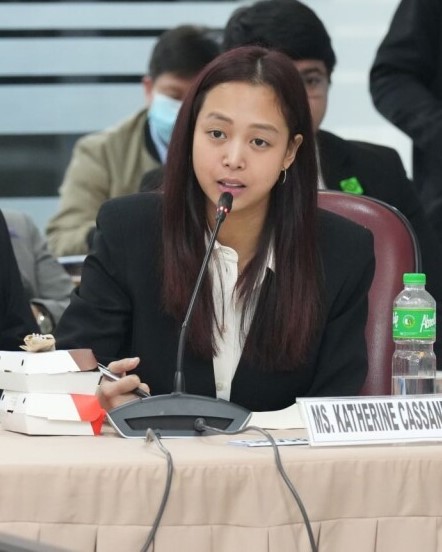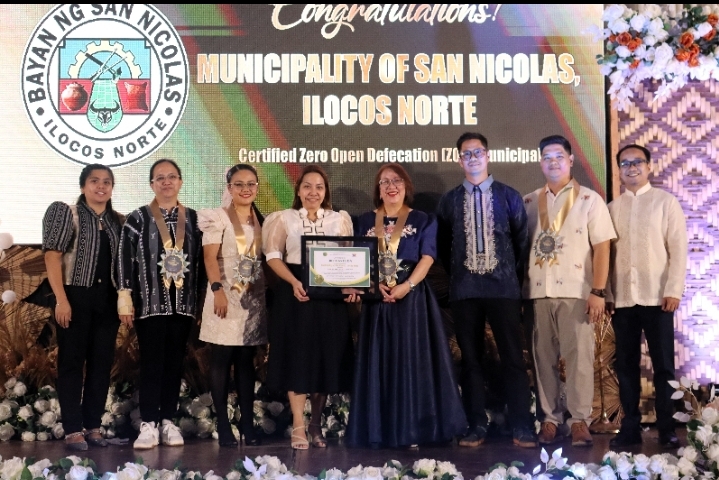
THE Second Congressional Commission on Education (EDCOM 2) today announces the release of a significant policy brief, “Accelerating Support for Learners with Disabilities,” conducted in partnership with IDinsight and the Department of Education (DepEd). The study assesses the early-stage implementation and readiness concerning the core mandates of the Inclusive Education Act of 2022 (RA 11650), which outlines a bold commitment to ensuring all learners with disabilities (LWDs) in the Philippines receive a quality education. While the Act’s vision aligns with international best practices, the research reveals that local resource and capacity constraints are severely hindering effective implementation.
The study, based on administrative data, stakeholder consultations, key informant interviews, and a survey of 1,994 teachers conducted between January and August 2025, highlights three primary challenge areas demanding urgent policy attention.
A massive identification and enrollment gap
The findings reveal a massive gap in identifying and enrolling LWDs, indicating that millions of children are not accessing formal education. Data from the School Year (SY) 2024-2025 shows that only 391089 learners with disabilities were enrolled in public schools, representing a critically low 8% of the estimated 5.1 million children with disabilities nationwide. Furthermore, for those already enrolled, individualized support is challenged because 61% of learners with disabilities in the DepEd Learner Information System (LIS) lack a formal diagnosis from a health professional and are only tagged based on “manifestations”.
Identification efforts are further challenged as the mandated Child Find System, designed to coordinate national and local agencies to locate out-of-school youth, is not yet operational. The ability of schools to conduct thorough assessments is compromised, with two out of three teachers reporting that they lack the necessary training and tools for screening responsibilities. Parental reluctance or refusal to pursue formal assessments, often due to social stigma or financial constraints, presents an additional barrier to identification and enrollment.
Widespread inaccessibility of essential support services
Once enrolled, the majority of learners with disabilities lack appropriate educational support. 60% of enrolled learners with disabilities lack access to any special needs education (SNED) resource at their school, meaning they do not have a SNED program, SPED Center, Inclusive Learning Resource Center (ILRC), or a SNED teacher. Consequently, three out of four LWDs (75%) are mainstreamed into general education classes, often with regular teachers who may be unprepared to provide the required specialized support.
Only 32% of enrolled LWDs have a SNED teacher assigned to their school, and even if all 772 vacant Special Education teacher positions were filled, nearly half of all LWDs would still be left without access to a SNED teacher. Compounding these resource deficits, school-level funding for SNED activities is insufficient, with some schools receiving allocations as low as approximately Php 333 to Php 488 per learner for the entire school year.
While Individualized Education Plans (IEPs) are mandated to tailor instruction, implementation is uneven; only 13% of receiving teachers, who handle the majority of mainstreamed LWDs, report utilizing IEPs, citing systemic barriers such as the lack of health professionals to consult, the excessive length of the documents, and insufficient training.
Inclusive learning resource centers non-operational
The foundational vision of establishing Inclusive Learning Resource Centers (ILRCs) in every city and municipality to serve as comprehensive support hubs is currently unfulfilled. Of the 32 SPED Centers converted into ILRCs, none are fully operational. While 69% of these facilities are physically constructed, critical gaps in staffing, funding guidelines, and service delivery prevent them from delivering their mandated holistic services. A key challenge is the lack of multidisciplinary team (MDT) professionals—such as therapists and psychologists—stemming from issues like low availability of qualified professionals, the absence of formal DepEd hiring or partnership guidelines, and uncompetitive salaries compared to the private sector. Without these teams, ILRCs are unable to conduct comprehensive assessments or deliver diverse therapies, despite the significant investment in infrastructure.
EDCOM 2 stresses that addressing these implementation gaps is essential to transforming the promise of inclusive education into reality. The study recommends that addressing these constraints requires phased, prioritized, and locally-adapted policies, complemented by national advocacy efforts to increase training, resources, and funding. Priorities include strengthening disability identification systems through inter-agency collaboration, strategically filling SNED teacher vacancies, increasing training for all teachers on inclusive practices and IEPs, and defining clear hiring and partnership guidelines to enable ILRCs to build their multidisciplinary teams.






